The music industry is no stranger to controversy, but the latest scandal involving Doja Cat has left fans and critics alike reeling. The talented artist, known for her chart-topping hits and quirky persona, is now at the center of a storm of allegations that have unveiled a much darker side of her public image.
Racist Chat Rooms and Disturbing Allegations
The controversy erupted when accusations surfaced that Doja Cat had participated in racist conversations in public chat rooms. These allegations were quickly followed by the resurfacing of a 2015 song titled “Dindu Nuffin,” a term recognized as a derogatory slur aimed at Black victims of police violence. This revelation was particularly shocking given Doja Cat’s own biracial identity and her previous public stances against racism (EW.com) (Global News).
Social Media Backlash: #DojaCatIsOverParty
The internet was set ablaze with the hashtag #DojaCatIsOverParty, as fans and critics took to Twitter to express their outrage. The backlash was swift and severe, with many calling for boycotts of her music and demanding apologies. The trend quickly became one of the top topics on social media, highlighting the depth of the public’s disappointment and anger (EW.com) (Global News).
Doja Cat’s Response: Apologies and Denials
Facing intense pressure, Doja Cat took to Instagram to issue a heartfelt apology and clarify her position. She admitted to frequenting public chat rooms but vehemently denied ever participating in racist conversations. Regarding the offensive song, Doja Cat explained that it was an attempt to reclaim a hurtful term used against her, though she acknowledged that it was a misguided effort (Global News) .
“I’m a Black woman. Half of my family is Black from South Africa and I’m very proud of where I come from,” Doja Cat asserted in her statement. She emphasized her love and respect for her fans and vowed to demonstrate her true character moving forward, expressing deep regret for any pain caused by her past actions (EW.com) (Global News).
Reactions and Future Prospects
Whew chile! While some fans have accepted her apology, others remain skeptical, feeling that the explanations provided do not fully address the gravity of the accusations. Industry insiders are now watching closely to see how this scandal will impact Doja Cat’s career, with some speculating that it could have long-term repercussions.
This scandal has undoubtedly left a stain on Doja Cat’s rising career, casting a shadow over her recent successes. As she navigates this turbulent period, only time will tell if she can reclaim her place in the hearts of her fans and continue her ascent in the music world. While it is unclear if Doja Cat is no longer in the secret racism chat rooms, she has a close eye kept on her.
For those keen to follow the unfolding drama on your faves or not so faves visit The Talk Lounge socials Facebook TikTok
Doja Cat denies racist claims, apologizes for offensive song
Pop star Doja Cat has categorically denied claims that she was involved in racist online conversations and has apologized for releasing a song that mocks victims of police brutality.
On Instagram, the singer addressed several allegations, including one that she had slurred against white supremacists in a video chatroom. Calling the claims “completely false,” she acknowledged that she had acted “stupidly” in the past.
“I’m truly sorry if I’ve hurt you or offended you in any way,” she told her fans.
The rapper and singer, whose real name is Amlaratne Zandile Dlamini, spoke out after the hashtag #DojaCatIsOverParty began trending on Twitter over the weekend.
Addressing the allegations and the song “Dindu Nuffin”
A few hours after posting her statement, Doja Cat went live on Instagram, saying the note was “an edited piece from me and my team.” She told viewers she wanted to speak openly about the situation.
The star revealed that she recorded 98 apology videos before deciding to go live, each taking about 30 minutes to dispel the allegations.
Doja Cat called her 2015 song “Dindu Nuffin” “lyrically lost” and “probably the worst song ever,” but made it clear that it was “not related to police brutality or Sandra Bland in any way.”
“To have my song linked to the death of an innocent black woman is one of the worst things I’ve ever experienced,” she said.
The song’s title, a racist term mocking victims of police brutality, resurfaced online, sparking outrage and becoming a trending hashtag.
Doja Cat’s Internet Past and Public Response
Known for her massive online presence, Doja Cat first rose to fame with her viral hit “Moo!” and has since become a major figure on TikTok, where her track has inspired countless dance trends.
However, the artist is no stranger to controversy. In 2018, she faced criticism for using a homophobic slur and later apologized after defending herself.
This time, #DojaIsOverParty trended again, when, along with the return of her old song, videos surfaced showing her in a chatroom with alleged members of an alt-right party.
On May 24, Doja Cat directly addressed the controversy in an Instagram post, saying:
“I’ve been using public chat rooms to socialize since I was a kid. I shouldn’t be on some platforms, but I’ve never been a part of racist discussions. I apologize to anyone I’ve offended.”
Despite repeated cancellations and apologies, Doja Cat’s timeline of controversy has left fans debating where she really stands today.

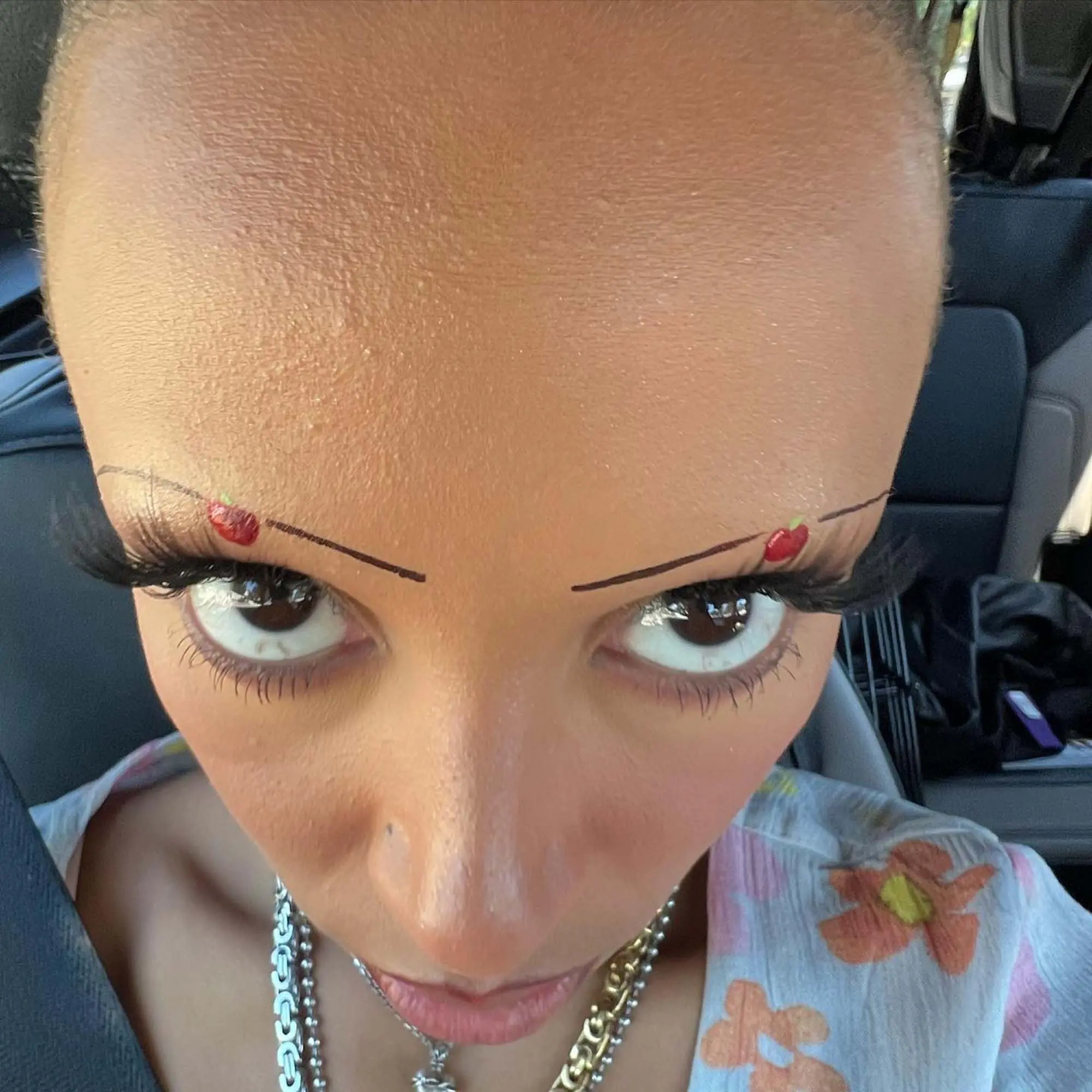
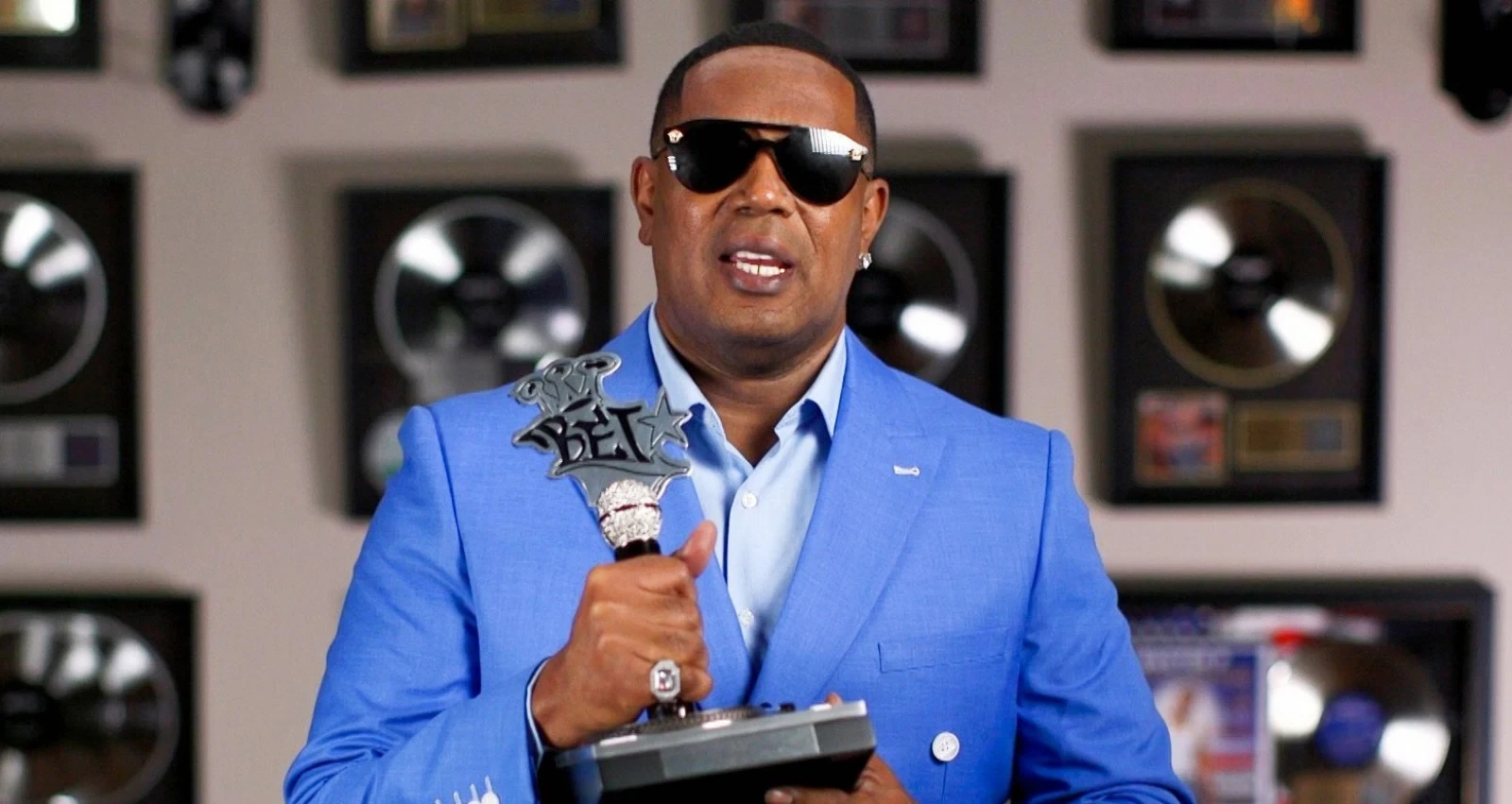
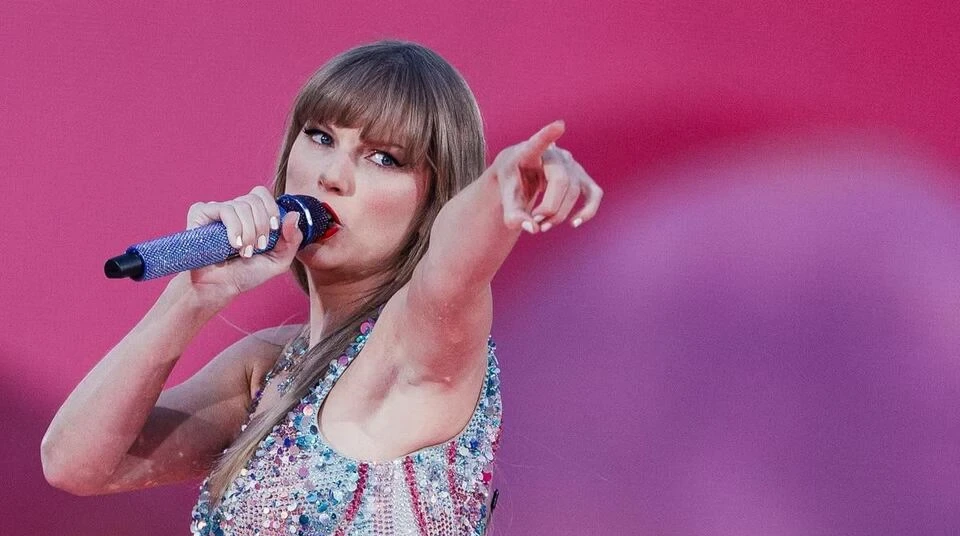
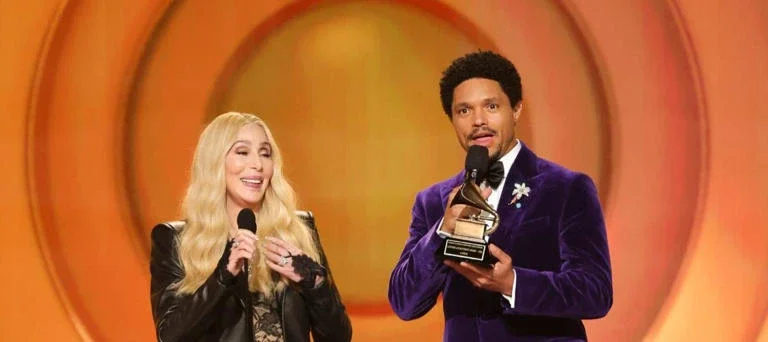
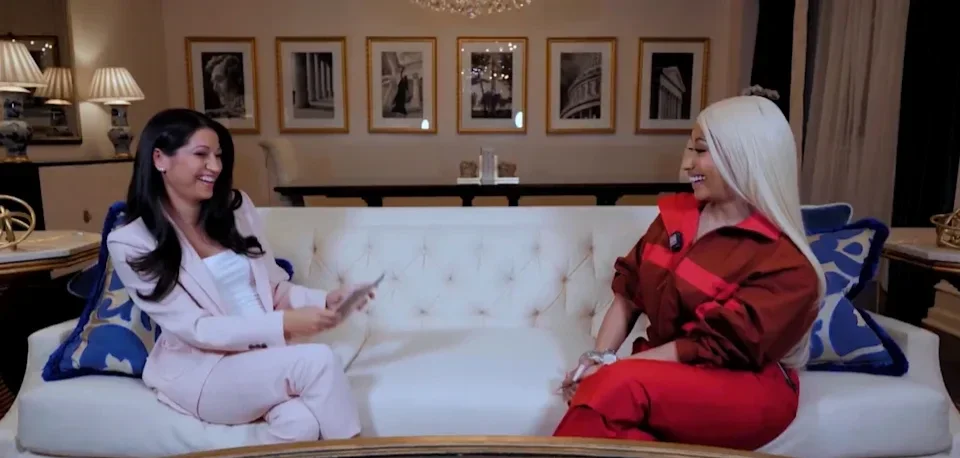
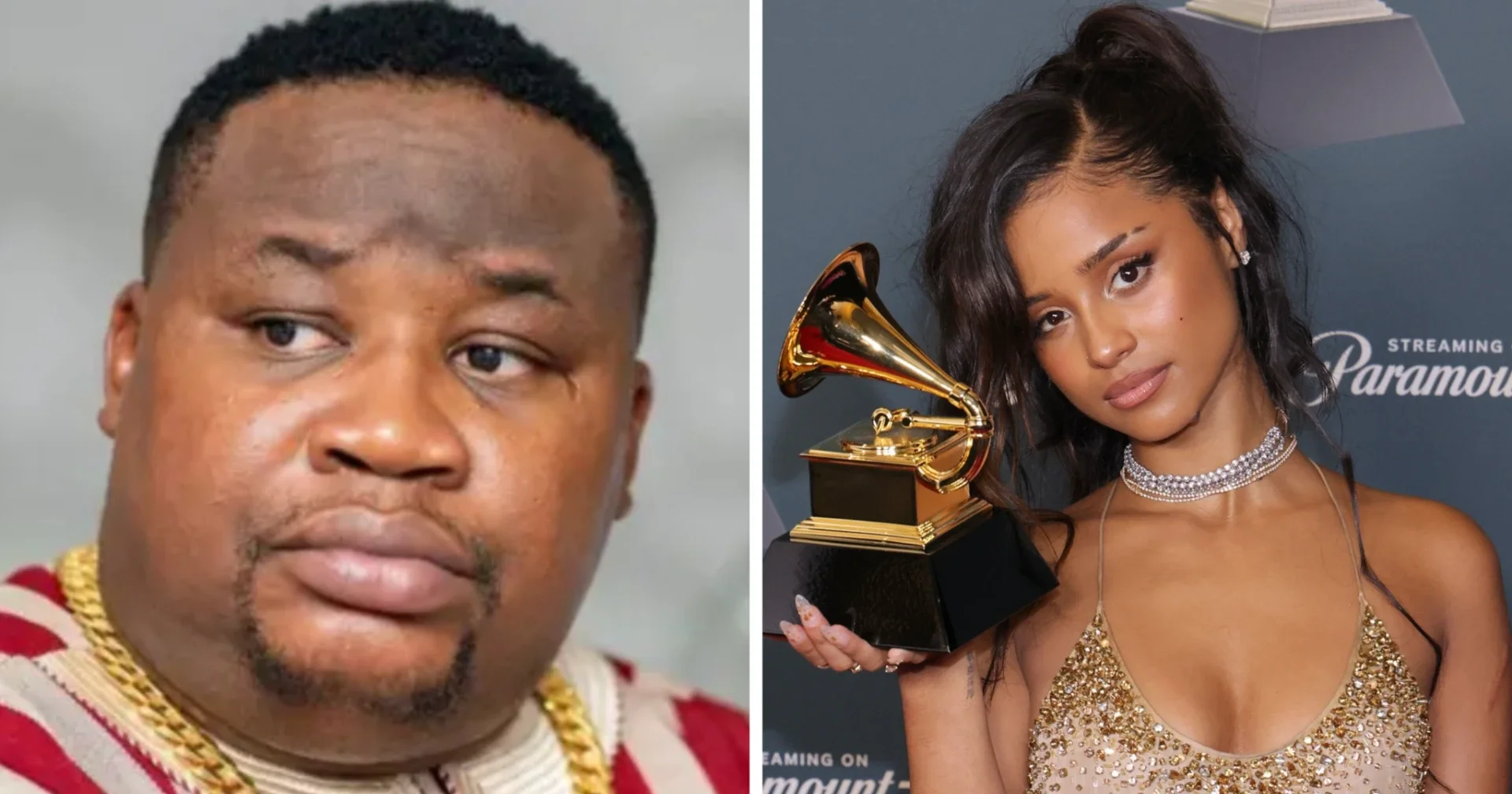
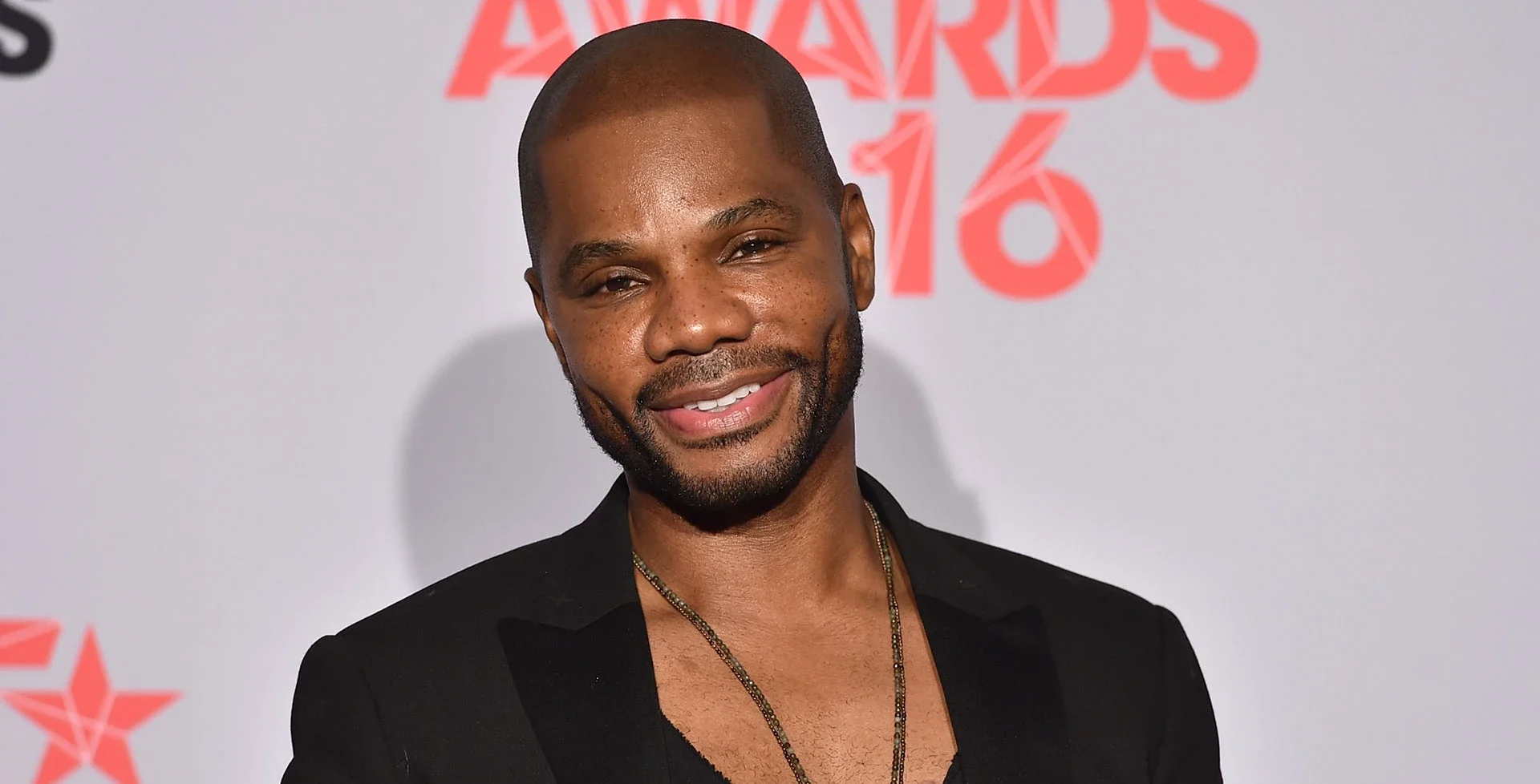
Comments